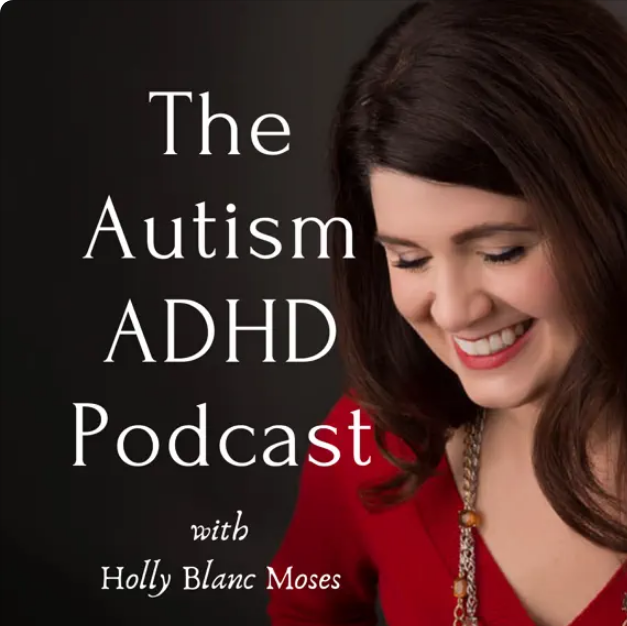5 Ways to Help a Child With Autism Learn Social Skills
 Of course no parent likes to watch a child struggle in any scenario. For parents of children with autism, that struggle often takes place in social situations — in a classroom, on a playground or during a simple conversation.
Of course no parent likes to watch a child struggle in any scenario. For parents of children with autism, that struggle often takes place in social situations — in a classroom, on a playground or during a simple conversation.
Thankfully there are many ways you can help your child learn social skills. The work often starts in a therapy session but it does not stop there. With the right understanding and practice you can play a major role in your child’s education. The first rule is to start with the basics — just as your child will.
Tips to Help Your Child
1. Forget your own social assumptions
For most of us, certain behavior is second nature. Like greeting people when they walk into a room. Making eye contact when we speak. Noticing when a conversation is over.
But for people with high-functioning autism these behaviors are not automatic.
Acknowledging that fact and being patient as your child learns this behavior is a crucial step in moving forward with a relationship rooted in understanding.
2. Educate yourself as your child learns
This is a very important step you can take to help. It starts by reading up on your child’s condition, but you can take it even further.
Many social-skills courses include a component for parents, for example. If you have access to such a program you should take advantage of it. The more you know, the better you’ll be able to reinforce social skills when your kids are out in the world.
3. Remember it’s not about right and wrong behavior
The language you use with your children is important. They learn by example. Calling a behavior “wrong” tends to set off many children with high-functioning autism, who want only to be “right.”
Instead, talk about “expected” and “unexpected” behavior, which are two terms used in expert Michelle Garcia Winner’s Social Thinking® system. For example, if you’re trying to get your child to focus on a person when having a conversation rather than pacing around and looking elsewhere, explain that people expect attention when they are talking.
4. Help them practice
Social skills aren’t learned in isolation. What happens in a therapy session matters only if you are consistent in helping once that session is over.
If a teacher or counselor establishes a reward system for expected behavior, carry on that reward system at home. Learning social skills is really a three-step process of observation, practice and self-monitoring. You can help most in steps two and three. Be there to support your children as they interact with others. And encourage them when they recognize an expected or unexpected behavior in themselves.
5. Know that it’s not a cure — but it is a start
Helping your child understand social skills is a great starting point for a rewarding life. Keep in mind that, with progress, you should use rewards for good behavior less frequently over time. Work with a therapist on the best timetable for this tapering. The idea is that as a child gets better and better at a skill such as conversation, the behavior itself becomes more natural.
Excerpted from “5 Ways to Help A Child With Autism Learn Social Skills” from the Cleveland Clinic. Read the full article online.







